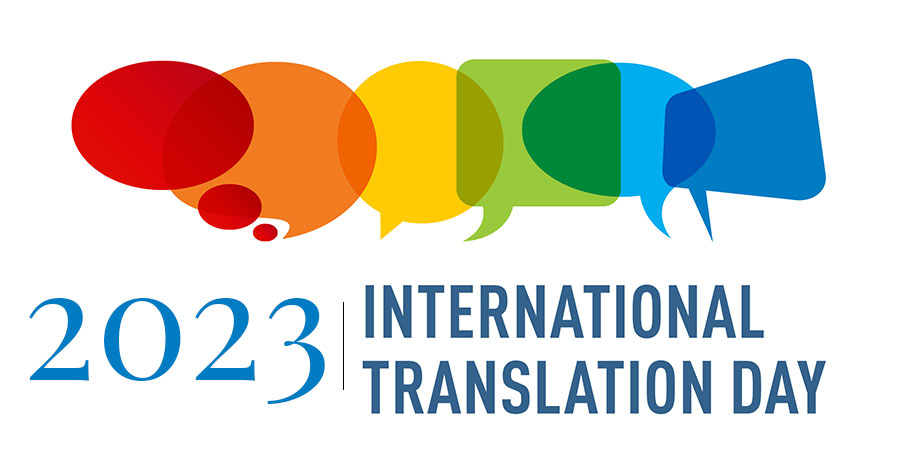Are you faced with the challenge of breaking down language barriers for effective communication? Imagine…
How is document translation important?

Document translation is important for many reasons, both on an individual and a societal level. Here are a few reasons why document translation is important:
- Globalization: In today’s globalized world, document translation is essential for businesses to communicate with clients and partners across different countries and regions. Documents such as contracts, reports, and marketing materials need to be translated accurately to ensure effective communication and avoid misunderstandings.
- Cultural exchange: Document translation plays a vital role in promoting cultural exchange between different countries and regions. By translating books, articles, and other cultural documents, people can learn about different cultures, values, and ways of life, which can lead to greater understanding and respect for diversity.
- Education: Translating educational materials such as textbooks and academic papers can help students access knowledge and resources that might otherwise be unavailable to them. This is especially important for students who speak different languages or come from different backgrounds.
- Legal requirements: In many cases, document translation is required by law. For example, legal documents such as contracts, patents, and immigration papers need to be translated accurately to ensure that all parties understand their rights and obligations.
- Personal reasons: On a personal level, document translation can be important for people who need to translate personal documents such as birth certificates, marriage certificates, and medical records. This can be essential for things like immigrating to a new country, enrolling in school, or receiving medical treatment.
Overall, document translation is important for facilitating communication, promoting understanding, and ensuring access to essential information across different languages and cultures.



